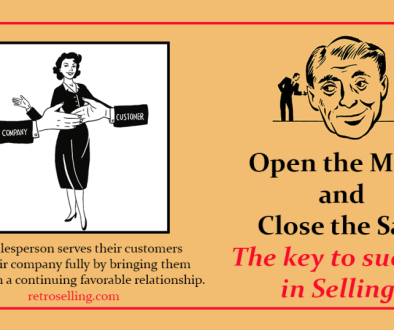Negotiating Compensation: Tips to Help Boost Your Package for A New Job or Current Position
Interviewing with a new company or advancing within your current organization offer opportunities to negotiate the salary and compensation you deserve. Serving in a sales role can also provide a unique compensation package. Check out these tips when negotiating:
New Company = New Opportunity
Interviewing at a new company provides an opportunity to negotiate the best compensation package for the role. While companies must follow corporate guidelines, this is your opportunity to maximize your total compensation package and define a career path. Get that far in the interview process by following these steps:
Do your homework. Know what the organization does, where you will be working, and who you will interview with. Weave your findings into the conversation. Don’t forget to check them out on LinkedIn.
Demonstrate your work. Think about the interviewer’s pain points and give examples from your experience to showcase why you are the best fit for the job.
Search sites like Glassdoor to understand the company’s general pay practices and ranges of certain roles.
When asked about pay, provide a range of total salary you expect. Don’t box yourself in to one number and stretch beyond what you actually expect – this is your time.
You Are Here, So Now What?
As you prepare for a promotion or raise, showcase your value and readiness for more responsibility:
- Create a plan with your manager. Discuss and set clear and measurable objectives and agree on what you need to do to get there. Avoid qualitative or subjective measures that are subject to interpretation.
- Demonstrate your accomplishments. Show how you have contributed greater value than the role requires.
- This can’t be “gut feel”. Demonstrate this with fact.
- Is there an opportunity to increase responsibilities?
- Is there a role you could fill that is higher than the one you have today?
- Don’t wait until your annual review to talk with your manager. At that point, pay changes have been agreed to with HR.
Do You Work in a Sales Role?
Compensation for people in selling roles is different than for non-selling roles. Before negotiating, understand how the incentive portion of your pay works and check to ensure it has the attributes of a great compensation plan. If you are a high performer, that should be reflected in the incentive plan.
If plans and targets are set up appropriately, you should be able to reach your targets. If you are a high-performer, you should be differentiated with a higher proportion of pay for those results. That’s The Reverse Robin Hood Principle: incentive pay for low performers is paid out at a lower rate, and those incentive dollars are allocated to pay high performers more than standard rate.
Other factors to consider:
- Is it easy to understand? Do you know how you can earn incentive? A big challenge companies face is the complexity of their incentive plans.
- How many measures are in your plan? Can you influence them? The best plans have three or fewer measures. Too many measures create lack of focus and hinder your ability to achieve any of them well. If you can’t influence the measures, your incentive is left to chance.
- Is there a pay cap? The best incentive plans aren’t capped but have something to cap extremely large deals that are out of proportion to the level of effort of the sale.
- How has the organization traditionally performed against the targets? A best-in-class organization should have approximately 70% of the organization at or above their quota.
- Does the organization reward high performance? High performers should be able to earn proportionately more incentive than a low or average salesperson.
About SalesGlobe:
SalesGlobe is a sales innovation consulting firm that solves challenging sales problems. We work with our clients to implement new solutions that give them a significant return on their growth investment. We provide a range of sales effectiveness services that include sales transformation, sales strategy, sales organization and talent, sales compensation, and quotas. Michelle Seger is global sales strategy and change management leader.




